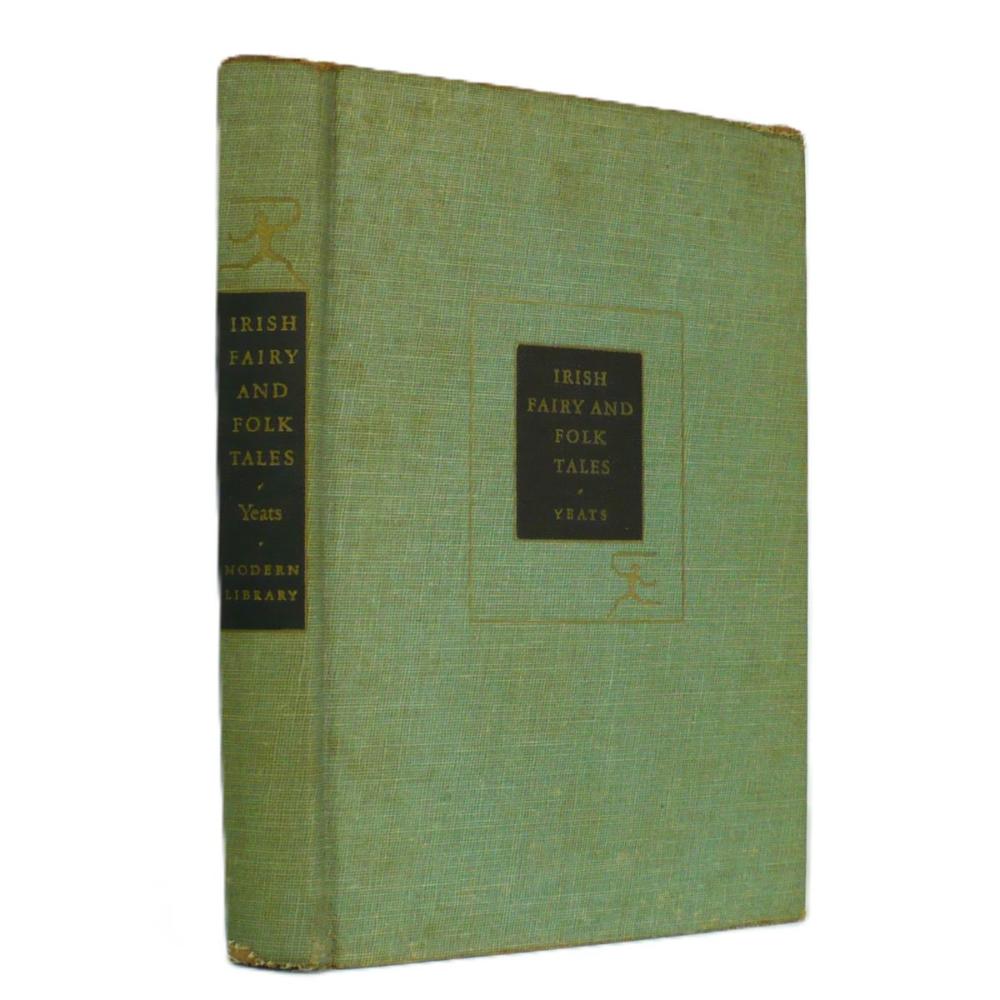
Irish Fairy and Folk Tales edited by William Butler Yeats
These folk tales were collected by William Butler Yeats, one of the greatest poets of the 20th century. He belonged to the Protestant, Anglo-Irish minority that had controlled Ireland's economic, political, social, and cultural life since the end of the 17th century. Handed down unchanged from century to century, these stories are the very voice and spirit of the Irish people.
Into these legends are woven the imagination and mystical pathos of The Celtic mind; for that reason, they are as true a revelation of Irish character as the authenticated facts of Ireland's history. Regardless of belief or skepticism, these tales are the literature of a country that has always bred storytellers of the greatest simplicity and compassion. Who could be better qualified to collect and arrange this garland of fairy and folk tales than William Butler Yeats?
Title: Irish Fairy and Folk Tales
Author: Edited by William Butler Yeats
Publisher: Random House is the publisher of The Modern Library, ML No. 100
Editor: William Butler Yeats
Binding: Hardcover, green cloth, gilt titling on black spine and green cover blocks, black top stain, grey Kent endpapers. Rockwell Kent (1882 – 1971) was an American painter, printmaker illustrator, writer, sailor, adventurer, and voyager.
Language: English
Pages: 351
Measures approximately: 7 x 5 x 3/8 inch (18.5 x 12.5 x 2 cm.)
Publication Date: Likely published c.1940s (no publication date appears in the book)
ML # 100 These endpapers were designed by Rockwell Kent (1882-1971), an energetic and multitalented man, who pursued many interests and careers during his very long and active life. At various times he was an architect, draftsman, carpenter, unskilled laborer, painter, illustrator, printmaker, commercial artist, designer, traveler/explorer, writer, professional lecturer, dairy farmer, and political activist. These endpapers used by were used by Modern Library from 1929 through 1969. Unfortunately, there is no publication date, but we believe this book was published in the late 1940s.

